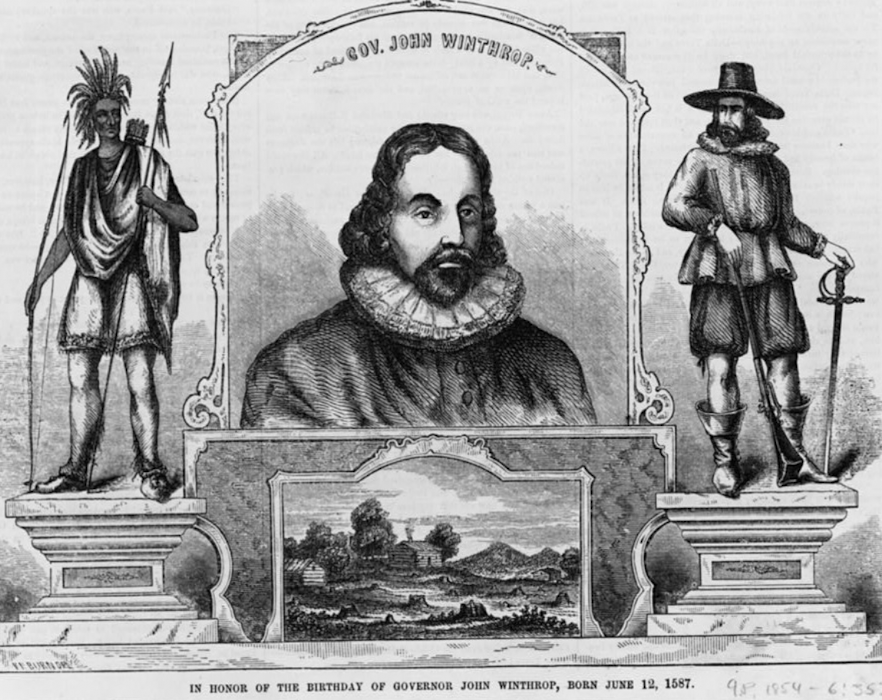My Quasi-religious rant for a quiet Sunday afternoon

For we must consider that we shall be as a city upon a hill. The eyes of all people are upon us. So that if we shall deal falsely with our God in this work we have undertaken and so cause Him to withdraw His present help from us, we shall be made a story and a byword through the world. We shall open the mouths of enemies to speak evil of the ways of God and all professors for God’s sake; we shall shame the faces of many of God’s worthy servants and cause their prayers to be turned into curses upon us till we be consumed out of the good land whither we are going.
But if our hearts shall turn away so that we will not obey but shall be seduced and worship other gods—our pleasures and profits—and serve them; it is propounded unto us this day that we shall surely perish out of the good land whither we pass over this vast sea to possess it. John Winthrop (1630)
I find myself reflecting on John Winthrop’s vision of a “city upon a hill,” a community bound by justice, mercy, and mutual care, visible to the world as an example of moral leadership. Winthrop’s warning that failure to uphold these ideals would make us “a story and a byword through the world” feels painfully relevant today. The actions of the Trump administration—marked by division, self-interest, and disregard for the vulnerable—betray the very principles that should define us as a nation. While I am not deeply religious, the quasi-spiritual ideal of building a society rooted in shared responsibility and moral accountability resonates deeply with me. Our strength as Americans has always been our commitment to unity and service, not just to ourselves but to others. It is time to reclaim that vision and ensure that our “city” shines not with wealth or power but with the light of integrity and compassion.
